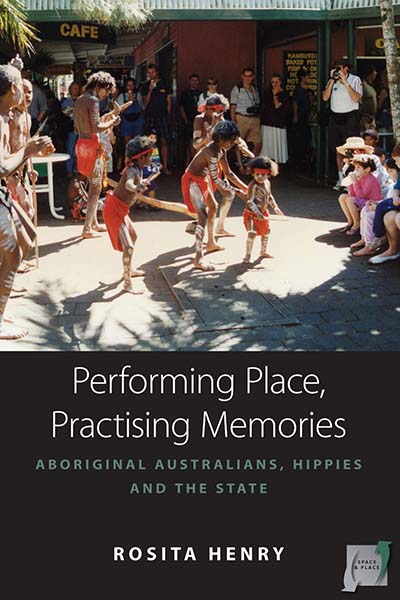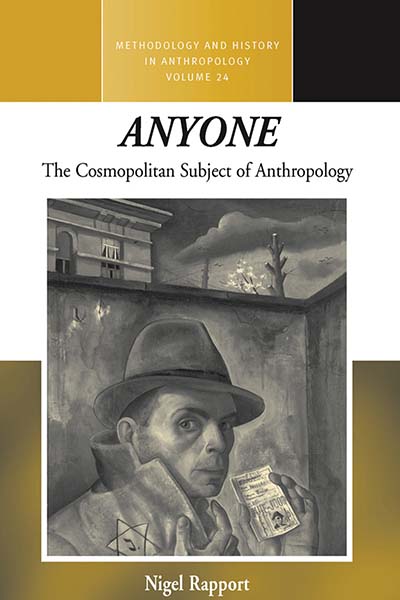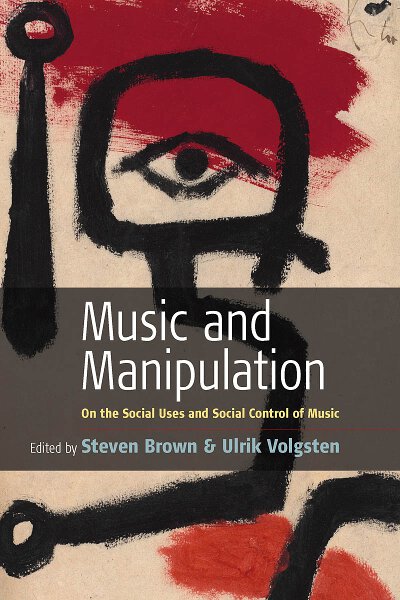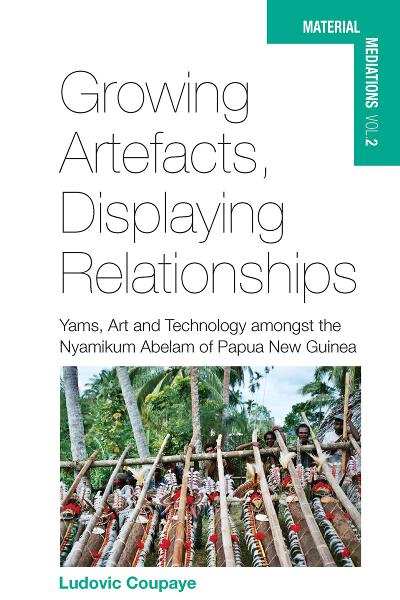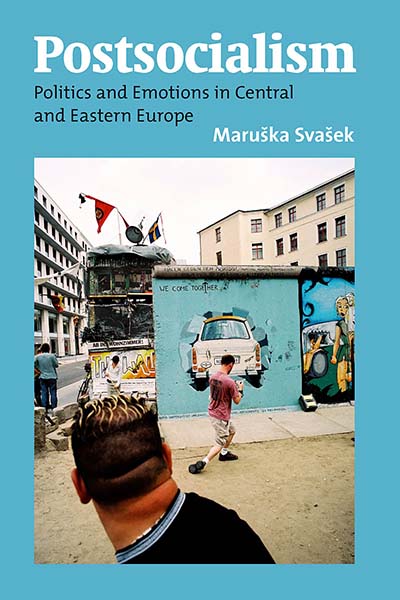
See Related
Anthropology JournalsEmail Newsletters
Sign up for our email newsletters to get customized updates on new Berghahn publications.
Postsocialism
Politics and Emotions in Central and Eastern Europe
Edited by Maruška Svašek
244 pages, index
ISBN 978-1-84545-124-0 $135.00/£104.00 / Hb / Published (March 2006)
ISBN 978-1-84545-534-7 $29.95/£23.95 / Pb / Published (January 2008)
eISBN 978-0-85745-559-8 eBook
Reviews
“In conclusion, the intersection of politics and emotions in the postsocialist countries is definitely an interesting and daring academic journey, situated at the crossroads of political science and psychology. The pioneering work of the contributors furthers the academic boundaries of the disciplines, and adds an interdisciplinary richness to both fields of knowledge.” • Social Anthropology
“The authors of these essays present nuanced analyses of ethnographic data from a number of substantive fields, all significant and relevant beyond their immediate empirical focus. For this reason, and thanks to the essays’ easily accessible language and novel theoretical focus, this book is an excellent scholarly contribution to the growing literature on social change in Eastern Europe, and could also serve as a text for students of social change both at the graduate and undergraduate level.” • The Historian
Description
In many parts of post-socialist Europe the tumultuous political and economic developments have generated strong emotions, ranging from hope and euphoria to disappointment, envy, disillusionment, sorrow, loneliness, and hatred. Yet these aspects have been largely neglected in analyses of the profound transformations that have taken place in Central and Eastern Europe since 1990. Based on a wide variety of ethnographic case studies focusing on Russian, Siberian, Romanian, Bulgarian, Slovenian, Croatian, Czech, and Polish communities, this volume proves the significance of emotions to post-socialist political processes as an inherent part of the transformations and sheds new light on the impact of local, national, and transnational political forces that have given rise to the resurgence of nationalist sentiments, increasing poverty and marginalization, conflicts arising from the restitution of state property, constitutional changes, and economic deprivation.
Maruška Svašek is Professor of Anthropology at the School of History and Anthropology, Queen's University Belfast. Her main research interests include postsocialism, border issues, emotions, migration and material culture. She has published numerous papers in journals and edited collections on these issues. She is coeditor (with Kay Milton) of Mixed Emotions: Anthropological Studies of Feeling (Berg, 2005) and an editor of Focaal: European Journal of Anthropology. In 2007, she published a book on the anthropology of art, entitled Anthropology, Art and Cultural Production (Pluto), in which she applied the notion of emotional agency to the study of art and artefacts.

